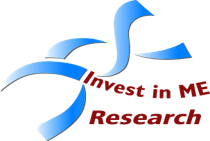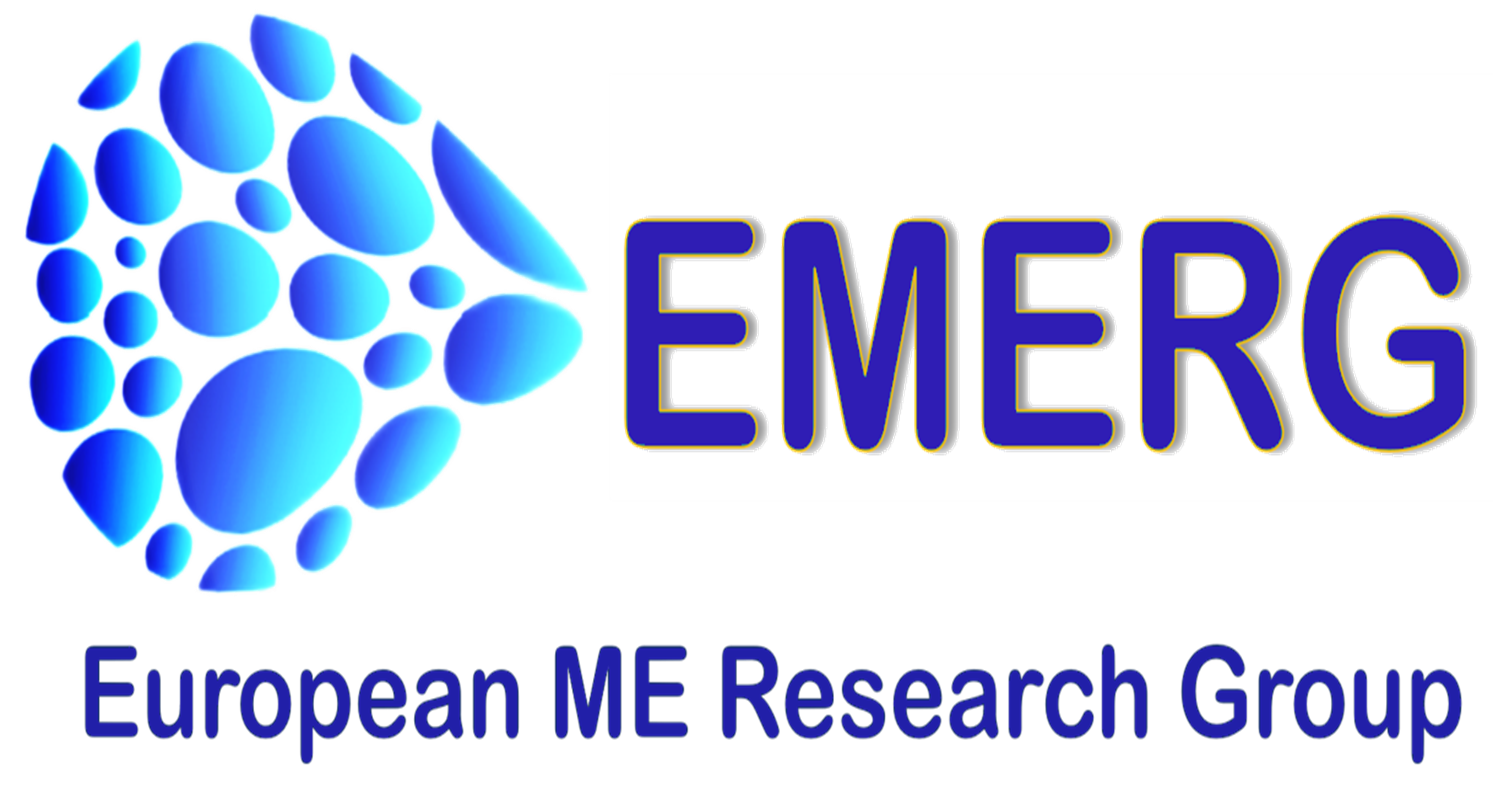14th Invest in ME Research International Biomedical Research into ME Colloquium 2025
Conference Awarded CPD Accreditation by Royal Colleges of the UK
BRMEC14 Awarded CPD Accreditation
The 14th International Biomedical Research into ME Colloquium takes place at the Wellcome Genome Campus, UK, on 28 - 29 May - #BRMEC14.
We are pleased to announce that this event has been awarded full CPD accreditation of 14 points by the Federation of the Royal Colleges of Physicians.
The BRMEC* Colloquiums are closed symposiums for researchers where views can be openly expressed, data can be shared in confidence (even if not publicly available) and collaborations can be developed.
The colloquiums began in 2011 as a way of bringing existing ME researchers together in the same meeting
as researchers from other disciplines in order to increase knowledge and generate more avenues for research into ME.
This would also then facilitate the increase in capacity for research and
improve the chances of finding funding opportunities, raising more awareness of biomedical research into ME.
A culmination of much of this effort was the initiation in London in 2015 of The European ME Research Group (EMERG) concept
- that created a network of European biomedical
research collaboration to make rapid advances in research and funding for ME.

Preceding the colloquium we had planned a catch-up meeting for the European ME Research Group (EMERG)
members to discuss plans and research as well as the work with Young EMERG.
However, following the completion of the NIH Road map project and the publication of its
report we discussed with the NIH and others in 2024 and held a workshop
to discuss how to standardise and support clinical trials for ME.
And so were born the Hinxton Criteria.
We have arranged a follow-up, pre-colloquium workshop with EMERG, NIH and a group of international
researchers to come together
for this meeting.
Results and plans from the workshop will be input to the clinical trials session in the BRMEC14
colloquium for further discussions.
This all enhances progress in ME research and awareness, facilitates collaboration and new ideas and develops capacity in the research area.
The colloquiums are crucial for developing
research into ME and have
expanded in numbers of participants and objectives over those years.
Our aim has been to establish and maintain
an atmosphere of trust and confidence and this allows
more open discussion and more collaboration and new ideas to be formed.
This year we have again increased the number of invitations sent to researchers around the world.
The charity is subsidising numerous researchers and early career researchers from around the world in order to
escalate and sustain ongoing collaboration in research.
Invest in ME Research is able to subsidise attendance for early-career researchers (ECRs) at these events,
and make the Young EMERG SPARK ME workshop free to encourage interest. By reducing financial barriers, the
charity ensures that promising young scientists can participate, present their work, and connect with established experts.
Investing in emerging researchers is essential for sustaining momentum in ME research and encouraging fresh ideas and
cross-disciplinary partnerships.
Apart from EMERG the charity is funding numerous other researchers from countries represented in the European ME Alliance
- a strategy designed to increase the collaboration and cooperation between our colleagues and improve the situation
in other countries.
For a small charity these events have taken a great deal of time, effort and resources to organise and perform - but we feel they are very much worth the effort. They have been responsible for multiple projects, initiatives and momentum - not all directly related to IiMER's work - but very useful for other groups.
ME, and more recently long covid, place a huge burden in
healthcare yet the capacity of research has continually been restricted by limited funding.
The annual BRMEC* Colloquium
aids in utilising the research expertise that does exist to
improve understanding, collaboration and cooperation.
With developments around research into long covid and with the similarities of some symptoms to those experienced by people
with ME then this topic will be also included as a central component of the BRMEC14 agenda and a number of
presentations concerning ME and long covid will be given with a focus on the aetiology of the disease.
The knowledge and the road travelled by ME researchers and clinicians is an invaluable aid for understanding long covid.
Understanding the viral and immunological mechanisms behind both of those conditions is the key to making progress.
This year's theme,
'Investigating the Mechanisms of Myalgic Encephalomyelitis:
From Pathogenesis and Aetiology to Treatment Innovation – Integrating Systems Biology and Clinical Research' focuses
 will place a particular emphasis on systems biology, an approach that may provide valuable insights into the
underlying mechanisms of these diseases and inform future research and therapeutic strategies,
with sessions led by experts from the European ME Research Group.
These sessions cover various aspects of ME research, facilitating in-depth discussions on Chronic Infection, Nervous System and Neuroinflammation,
Immune System, Metabolism, Epigenomes and Transcriptomes, Physiology, and Other Non-Infectious Trauma.
will place a particular emphasis on systems biology, an approach that may provide valuable insights into the
underlying mechanisms of these diseases and inform future research and therapeutic strategies,
with sessions led by experts from the European ME Research Group.
These sessions cover various aspects of ME research, facilitating in-depth discussions on Chronic Infection, Nervous System and Neuroinflammation,
Immune System, Metabolism, Epigenomes and Transcriptomes, Physiology, and Other Non-Infectious Trauma.
While maintaining an exclusive, invitation-only status to ensure data confidentiality, the Colloquium encourages collaboration
among researchers, that will facilitate meaningful advancements in understanding and treating ME,
all in the quest to improve the lives of individuals living with this condition.
With a continuing focus on advancing our understanding of ME and exploring potential treatments, BRMEC14 brings together
leading minds to collaborate and drive progress in the quest to improve the lives of individuals living with ME.
It serves as a vital platform for researchers, clinicians, and advocates to share the latest advancements in biomedical research related to ME.
Combined with the following #IIMEC17 Clinicians' Conference, we seek to combine and derive knowledge and focus on answering the pivotal question, "What's Next?" for ME research.
Continuing Professional Development
From the Royal College of Physicians web site FAQ
CPD is any learning outside of undergraduate education or postgraduate training that helps you maintain and improve your performance. It covers the development of your knowledge, skills, attitudes and behaviours across all areas of your professional practice. It includes both formal and informal learning activities and can be clinical (specialty related) or non-clinical (such as management, leadership or communication skills etc.).
CPD activities should maintain and improve a doctor’s: a) Quality of care given to patients and the public b) Standards of their teams and the services in which they work.
CPD helps doctors to update what they have learnt at medical school and during postgraduate training to reflect changes in practice, changes in the needs of patients and the service, and changes in society’s expectations of the way doctors work.
Doctors need a minimum number of CPD credits per year.
The international conference provides 6 points. The colloquium provides 14 points.

Click on the links below for further information

Last Update 18/06/2025




